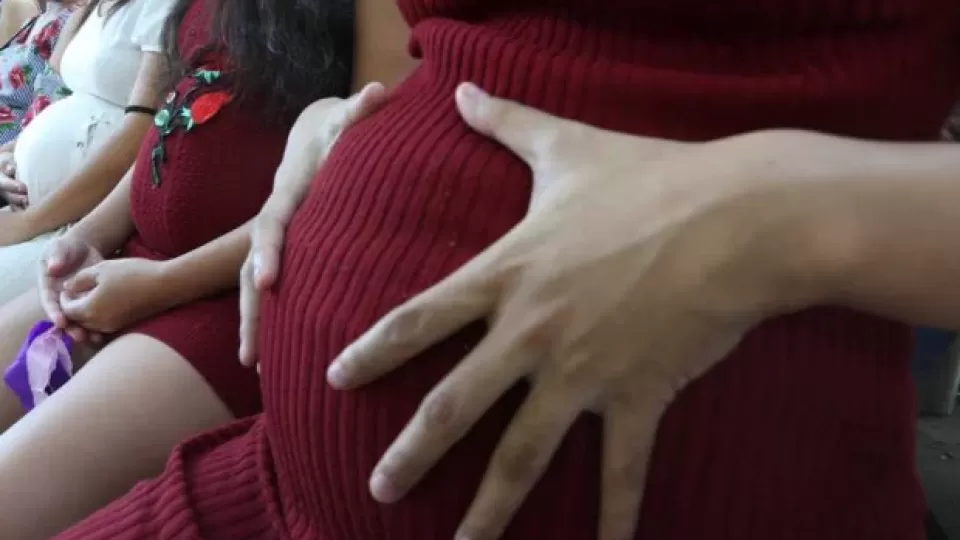May 15, 2023
MANILA — In 2021, a total of 2,478 women died due to childbirth in the Philippines— more than double the 2019 figure of 1,458 women, according to The United Nations Population Fund (UNFPA) Philippines.
“That is around 6 to 7 Filipino women dying daily due to childbirth,” said Dr. Leila Saiji Joudane, country representative of the UNFPA Philippines in a Mothers’ Day statement.
“Women die because sexual and reproductive health services are unavailable, inaccessible, unaffordable, or of poor quality. Human resources are also scarce. There are not enough trained healthcare workers that provide quality sexual and reproductive health information and services,” she went on.
UNFPA Philippines also noted that 14% of pregnant women in the country do not receive necessary medical care — including regular checkups — during their pregnancy. One in 10 women is also unable to access health facilities nor assistance from skilled healthcare personnel during childbirth, according to the population fund.
“The top 5 causes of maternal deaths included complications in pregnancy, childbirth and puerperium, eclampsia, pre-eclampsia, and hemorrhage. Many of these deaths are preventable if only there were accessible proper medical interventions and adequate health-care systems that are also resilient to emergencies,” stated Joudane.
Inaccessible to poor Filipinos
The UNFPA also highlighted the gravity of high reproductive health costs amongst poor Filipinos.
Citing the 2021 National Health Expenditure Survey, Joudane raised that Filipinos in rural areas pay more for healthcare resources than those in urban areas and those with higher incomes.
“A UNFPA study conducted with Burnet Institute showed that globally, every dollar invested on family planning services gains $8. But for the Philippines, the gains are even higher at $18. This is on top of the hundreds of thousands of mothers’ and children’s lives saved,” she added.
Gender inequality at the root
Joudane stressed that gender inequality must be recognized as among the root causes of healthcare injustices, asserting that it “makes pregnancy a dangerous endeavor, one which hundreds of thousands of women do not survive.”
“Gender inequality is what keeps women out of the workforce and schools, vulnerable to conflict and violence, and denies them the right to make decisions about their own bodies and health,” she said.
As the United Nations’ reproductive healthcare arm, the UNFPA also expressed its support for the Philippines’ commitment to universal health coverage and reducing preventable maternal deaths as part of the 2030 Agenda for Sustainable Development.
“This Mother’s Day, let us uphold the right of all people — especially mothers — to reach the highest possible standard of health. Timely health care for pregnant women can make the difference between life and death. No woman should die giving life,” Joudane concluded.


